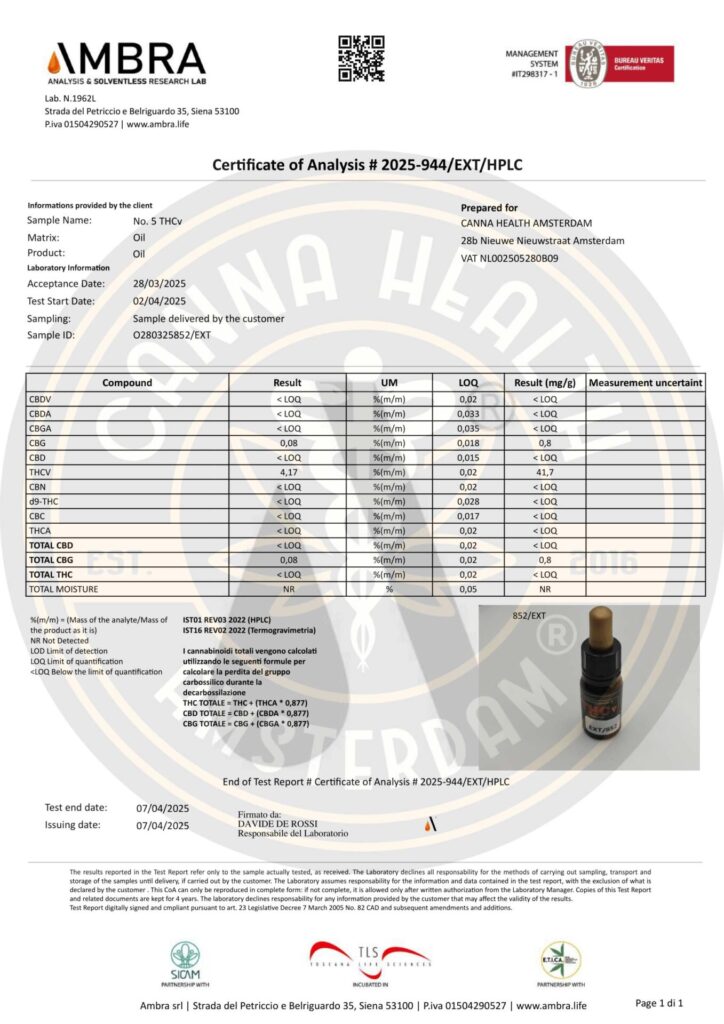
Blog
The Shift from Traditional Diabetes Medications to THC-V: A Comprehensive Analysis

Diabetes is a prevalent metabolic disorder that necessitates a holistic approach to management. Throughout the decades, a variety of medications have been introduced to aid in regulating blood sugar levels. However, recent findings hint that THC-V, a cannabinoid present in certain cannabis strains, might offer distinctive advantages to diabetes patients, potentially surpassing conventional medications.
Traditional Medications: A Brief Overview
Historically, one of the mainstays for diabetes management has been a particular class of medications. These medications work by decreasing the amount of glucose produced by the liver and improving the body’s sensitivity to insulin. However, like all drugs, they come with their share of side effects. Some individuals have reported gastrointestinal issues, vitamin B12 deficiency, and more critically, an increased risk of lactic acidosis.
Moreover, there’s been growing concern about how these traditional medications interact with the kidneys. The kidneys play a pivotal role in filtering out excess sugar from the bloodstream. Some diabetes medications can cause kidney complications or aren’t suitable for patients with weak kidney function.
Metformin: An Overview
Metformin has long been a cornerstone in the treatment of diabetes, particularly for those with type 2 diabetes. It operates by reducing glucose production in the liver and enhancing the body’s response to insulin. Despite its efficacy, metformin is not without drawbacks.
Metformin and Kidney Function
The kidneys are integral to our health, filtering out excess substances, including sugar, from the bloodstream. Metformin is excreted unchanged in the urine, making its clearance highly dependent on renal function. In individuals with diminished renal function, metformin can accumulate, leading to an increased risk of adverse effects, the most concerning of which is lactic acidosis.
Moreover, there’s been a growing awareness of metformin’s potential long-term impact on the kidneys. Metformin usually gets the label of being kidney-friendly, but long-term use in patients with kidney problems can worsen their condition. Therefore, doctors often adjust or stop metformin doses in patients with weakened renal function.
Lactic acidosis is a severe metabolic condition resulting from the accumulation of lactic acid in the body faster than it can be metabolized. Symptoms might include nausea, rapid breathing, abdominal pain, and extreme fatigue. Metformin-associated lactic acidosis (MALA) is a rare but life-threatening side effect. The risk intensifies in those with impaired kidney function, as kidneys play a pivotal role in clearing lactic acid.
A study from 2015 showed that the development of lactic acidosis due to metformin probably stems from its ability to hinder gluconeogenesis. It does this by obstructing pyruvate carboxylase, the initial step in gluconeogenesis that transforms pyruvate into oxaloacetate. This blockage results in an increased build-up of lactic acid.

Vitamin B12 Deficiency and Metformin
Vitamin B12 is an essential nutrient that maintains the health of your body’s blood and nerve cells and plays a role in producing DNA, the genetic code present in every cell. A study by Jiwoon et al. shows that 22.2% of type 2 diabetes patients on extended metformin therapy have a vitamin B12 deficiency. Notably, higher daily doses of metformin are closely linked with this deficiency. Metformin can lead to megaloblastic anemia because of a deficiency in vitamin B12.
The Promise of THC-V in Diabetes Management
Against this backdrop, THC-V is making waves in the medical community. Preliminary research suggests that THC-V can regulate blood sugar levels and enhance insulin sensitivity. Furthermore, it does not share the same gastrointestinal or lactic acidosis-associated risks that come with metformin.
THC-V also appears to have potential nephroprotective properties. Early studies hint at its safety for those with kidney complications and even suggest it could offer protective benefits against the progression of diabetic nephropathy.
Conclusion
While metformin has undeniably been a pivotal drug in diabetes care, its potential renal implications necessitate caution and regular monitoring, especially in those with existing kidney concerns. On the other hand, THC-V, with its promising therapeutic profile and fewer side effects, represents a hopeful frontier in diabetes management. Nonetheless, consulting with healthcare professionals and staying abreast of research developments remains paramount for optimal diabetes care.
THCv Oil – No 5: 500 mg THCv
Disclaimer: This blog is for informational and educational purposes only. We review and reference available studies and reputable sources; however, content may not reflect the most current research or regulations and should not be taken as medical, legal, or professional advice. We do not make or imply health claims. Products mentioned are not intended to diagnose, treat, cure, or prevent any disease and statements have not been evaluated by EFSA or the FDA. Effects can vary between individuals. Always consult a qualified healthcare professional before use and verify that any product or ingredient is lawful in your jurisdiction.


















